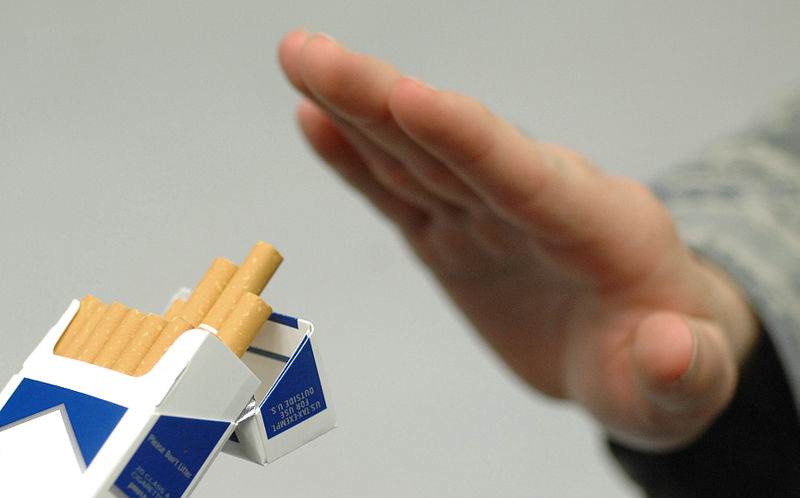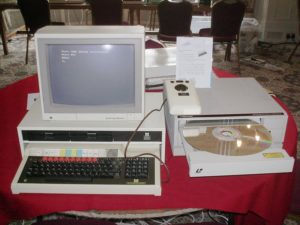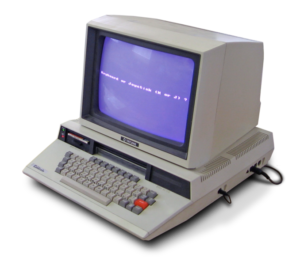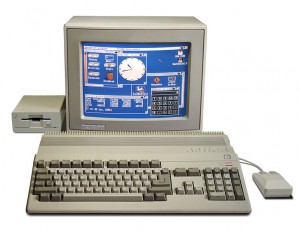This month marks ten years since I first set foot in the US. As I waited in line at immigration, tired from the flight and daunted by everything that might happen next, it was easy to forget everything that came before. Just three weeks earlier, my workplace had been tense with news that another wave of redundancies was sweeping through and I was unsure in what direction I was heading1. I was ready for a change, but did not want the uncertainty of finding a new job or the certainty of choosing to leave the one I had. I was living a step ahead of my means with little attention paid to the future. I was smoking. I was making dubious decisions or avoiding decisions entirely. I was feeling disenfranchised, misplaced, and numb.
One afternoon our manager called us all into a meeting room. There, he informed us of two positions available in the US and asked if any of us were interested. It felt like the silence lasted a long time although it was probably only a few seconds. No one was volunteering. I do not know the trigger — my desire for a change, the allure of working in the US, or my need to get control of my life, but slowly, I raised my hand. I remember rationalizing it as no big deal, after all, I was only expressing interest, it was not like I would be whisked away to a plane immediately. With the raise of my hand, so began a series of small, easy decisions that led to the biggest self-directed change of my life so far.
Within the three weeks from when I raised my hand to when I stepped off the plane in Detroit, I packed, paused, and displaced my life. Boxes were filled, paperwork was filed, and farewells were planned. There was no time to stop and think about what I was doing, just lots of small decisions to make — accept or negotiate the contract, pack or throw away my things, take or leave my guitar, stay or go, sink or swim. All along the way, I kept telling myself it was not forever, it was no big deal. I was only going for a couple of months to meet the customer face-to-face; work (and a longer stay) was always going to be dependent on the acquisition of appropriate work visas. It was no big deal.
And so it was. Three weeks flew by. My sister, my parents, my new boss in the US, my old colleagues in the UK, my friends (including my housemate, who was seriously ill at the time), and many more all helped in some way. I am incredibly grateful to their support, it was amazing. During the whole experience, trepidation wrestled with excitement. Seconds after the taxi pulled away, leaving my parents and friends as they waved goodbye, excitement turned to panic.
What the hell am I doing?
I repeated that phrase in my head many times between London and Detroit. When the taxi left my old home. When the taxi left me at the airport. When I was pulled from the security line for "special screening". When I sat on the plane. When the plane took off. At least once per hour during the flight. When I landed. When I got into the immigration line. Over and over.
What the hell am I doing?
I am pretty sure I was terrified, but just like the small decisions that got me there, I focused on the immediate situation and did my best to ignore everything else. I think excitement and terror are pretty much the same thing but with different interpretations. As I accepted the situation as an adventure, the terror would subside and excitement returned.
Blimey, I'm actually going to America!
That was how my first few weeks in the US continued. A mixture of terror and excitement, depending on the situation and how I let myself accept it. It was the beginning of something new and ten years on, I cannot imagine doing any differently if it were to happen all over again. It was by far the best decision I ever made because I learned the value of making a decision instead of letting fate decide. I faced my own anxieties head on and made a decision to challenge my fear. The amazing sense of achievement that came from deciding for myself was life-affirming. While it took me another nine years to take that moment of control over my anxiety and begin learning how to harness it on a day-to-day basis, I still look back on that decision and the many ways it has changed my life. In a moment, I went from feeling disenfranchised, misplaced, and numb, to engaged, excited, and driven.
Of course, that first day in the US was merely the beginning, a lot has happened since and a lot more will happen yet. Though my move was certainly no panacea to my problems — there were many difficult challenges to over come, it was a catalyst for solutions, an opportunity to grow, and a clear example that fear alone could not stand in my way if I could find the courage to face it. It is a lesson that I have applied many times since; from winning the CodeMash Pecha Kucha contest, to marrying my amazing wife, so many achievements began in an otherwise unremarkable moment where I pushed my fear aside and made a decision to try.
So, whatever the next ten years hold for me, it is not fear, but small moments like raising my hand in that meeting room that will shape them. Can you say the same? Where will your decisions take you?
- Unlike in places such as Michigan, where employment is considered "at will" and can be terminated at any time, if a company in the UK wants to downsize, they must go through a process of making positions redundant. That means the position will no longer exist and as such, the organisation cannot hire someone else to perform that job. For a better explanation and more information, check out https://www.gov.uk/redundant-your-rights/overview [↩]







